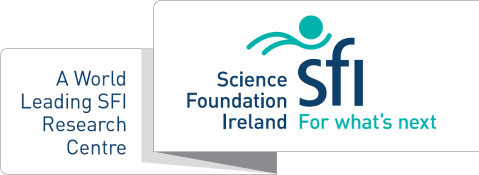ADVANCE Training Programme
Our learning outcome vision is of doctoral graduates who are technically excellent, of the highest ethical integrity, and highly competent communicators and collaborators. As ICT is now one of the major influencers of societal evolution, they will also have a deep understanding of user needs and the impacts of ICT on individuals and society. To these ends, we have planned an ADVANCE training programme that encompasses this vision with each student designing a personal training programme with core and elective elements. The training programme will provide modules appropriate to each doctoral stage helping to guide the development of students as they progress through their doctoral journey.
As part of this journey, the ADVANCE Training Programme aims at developing a broad set of skills in students:
- Excellent Research Skills
- Transversal and Cross-Sectoral Skills
- Societal Skills
- Discipline-Specific Skills
At the core of the training programme is the student cohort approach. Within each year’s cohort and across annual cohorts, students have the opportunity to learn and work together, network, learn from each other, support each other and develop friendships. The training programme will be delivered in block delivery through summer and winter schools bringing all student cohorts together, and through distance learning and self-directed learning. ADVANCE creates a Personal Training Plan for each student that includes Student and Supervisor Responsibilities and Expectations, Support Resources, Principles of Research Integrity, and Career Planning.
In addition to the development of skills, students will also take part in industry or partner university placements of between 3 and 6 months. These are an integral, credited part of the training programme as not only are they an important form of experiential learning but also allow students to apply formal learning in the workplace and to interact with both technology-professionals and technology users. Placements also allow students to develop their professional identity, to shape their career plans and to understand why life-long learning is important.
